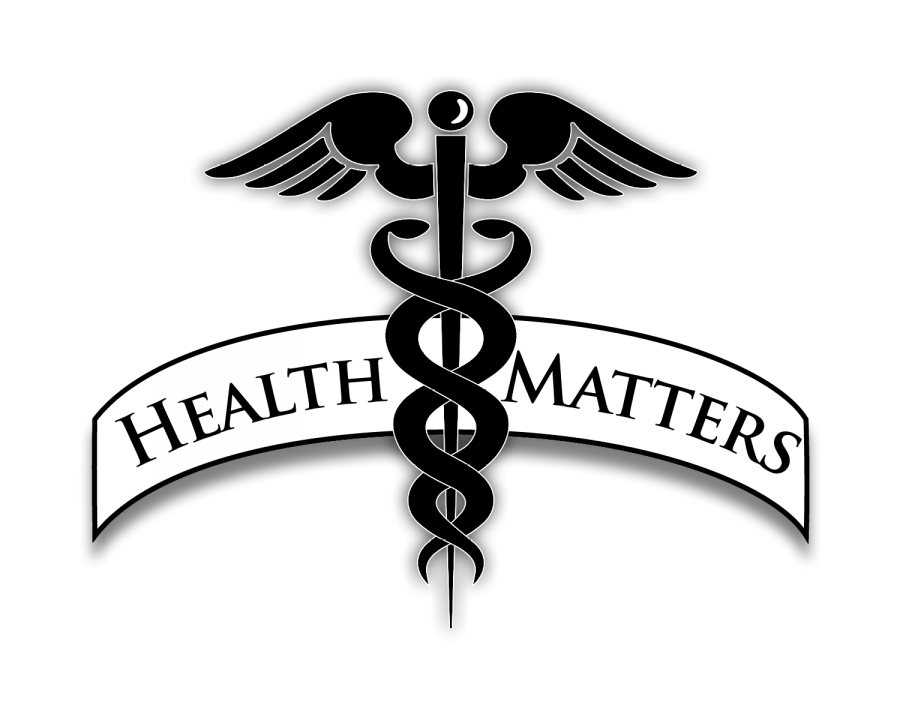In honor of March being Women’s History Month, this week’s column is going to focus specifically on women’s health. Keep reading to clarify any misconceptions you may have had regarding your overall well-being.
“Wearing bras causes breast cancer.”
Fiction. This myth is by far the most widely accepted by all women. According to the American Cancer Society, there is absolutely no sufficient evidence to prove that bras accelerate or cause breast cancer in women.
A 2014 study published by the American Association for Cancer Research supported no claims that breast cancer risk was linked to underwire bras.
The study did find, however, that overweight women were more at risk of developing breast cancer and women who are overweight tend to have larger breasts and wear a bra, giving an insight as to why this myth may have grown of proportion.
“Women should start seeing a gynecologist after age 21.”
Fiction. The American College of Obstetricians and Gynecologists (ACOG) recommends that young ladies take their first trip to the gynecologist’s office around the ages of 13 and 15 years old. Why so young? Well, most girls start their menstrual cycle as early as 10 years old.
Once we get our period, our bodies undergo tremendous physical changes.Therefore, seeing the gynecologist is especially important not only for understanding our new bodies, but also crucial to becoming well informed about the safe and preventive measures we can take when choosing to engage in intimate interaction.
In addition, a visit to the gynecologist every year can reduce your risk for most cervical cancers through vaccination against human papillomavirus, or HPV, a sexually transmitted infection generally linked to these types of cancers.
While most doctors recommend performing a pap smear (an examination to detect the early onset of cervical cancer) after the age of 21, that doesn’t mean you should wait that long to visit your Ob/Gyn.
“The risks of mortality after a heart attack are becoming more common among young women.”
Fact. Although most cases of heart attacks are generally seen in older men, new studies have shown that there is an increased risk for developing heart disease in young women over the age of 20.
This is due to lifestyle habits in early life such as smoking, drinking, or unhealthy eating habits that leads to the onset of heart disease.
Furthermore, seeing as heart attacks in women yield symptoms much different than those in men, a woman could be having a heart attack and not even know it, making it far deadlier than cancer due to its difficulty to detect.


















